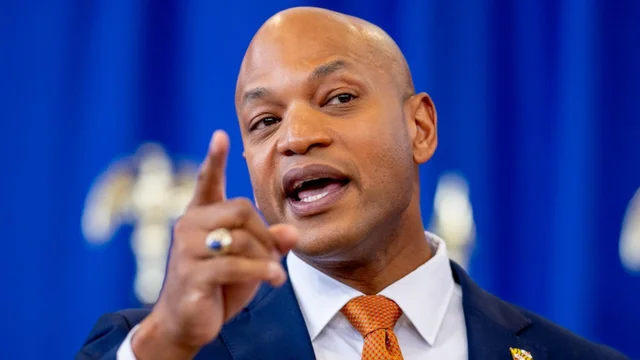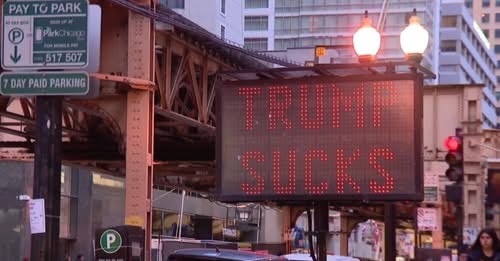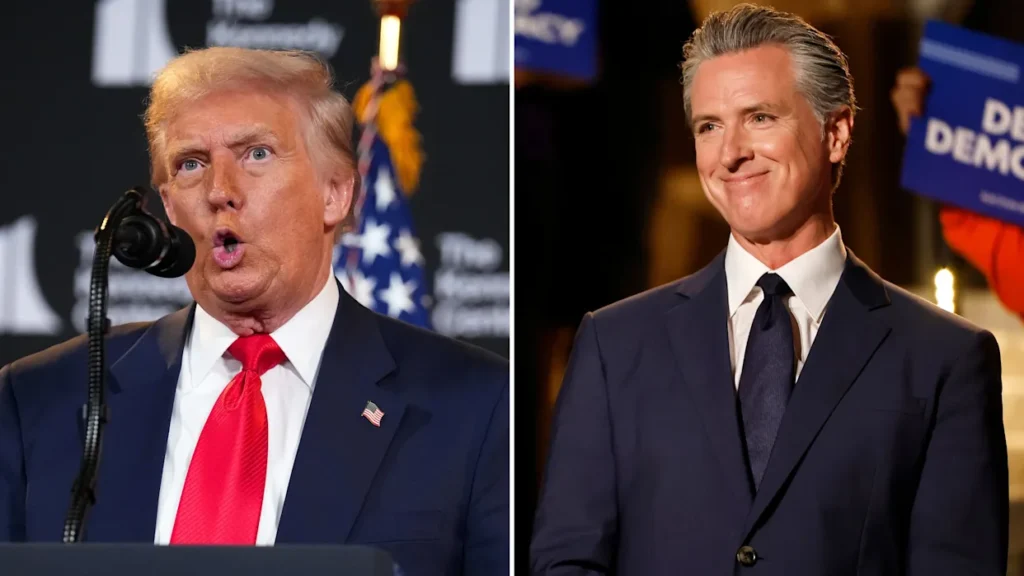Donald Trump’s recent election win has brought attention to his campaign promises, particularly his vow to lower grocery prices. However, experts are questioning the feasibility of his plans, suggesting that they may actually increase costs for American consumers.
Trump’s proposal to impose tariffs on imported goods, including food products, has raised concerns among economists. They argue that food producers rely heavily on imported goods like fertilizer, equipment, and packaging materials. If these goods become more expensive due to tariffs, producers will likely pass the costs on to consumers, leading to higher grocery prices.

Furthermore, Trump’s plan to deport undocumented workers could also drive up grocery prices. Undocumented workers play a significant role in the US food chain, and their removal could lead to labor shortages and increased costs for farmers and food producers.
In a recent interview, Trump seemed to backtrack on his promise to lower grocery prices, stating that “it’s hard to bring things down once they’re up”. This comment has sparked criticism, with many arguing that Trump’s campaign promises were unrealistic and misleading.
The issue of grocery prices has become a significant concern for many Americans, with food prices rising nearly 25% since before the pandemic. The cost of living crisis has affected millions of people, with many struggling to afford basic necessities like food and energy.
As Trump’s administration begins to take shape, it remains to be seen how they will address the critical issue of grocery prices. While Trump’s promise to lower prices may have resonated with some voters, experts and economists are urging caution and skepticism.











